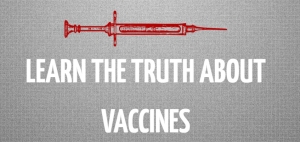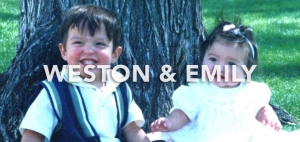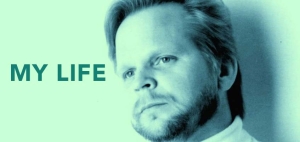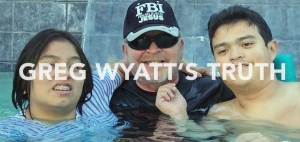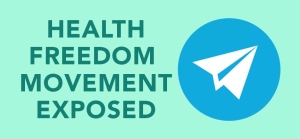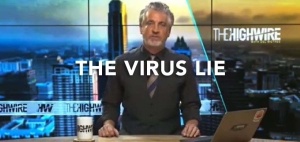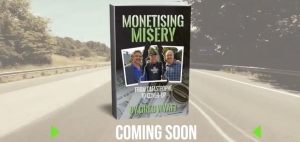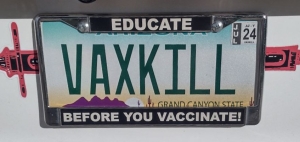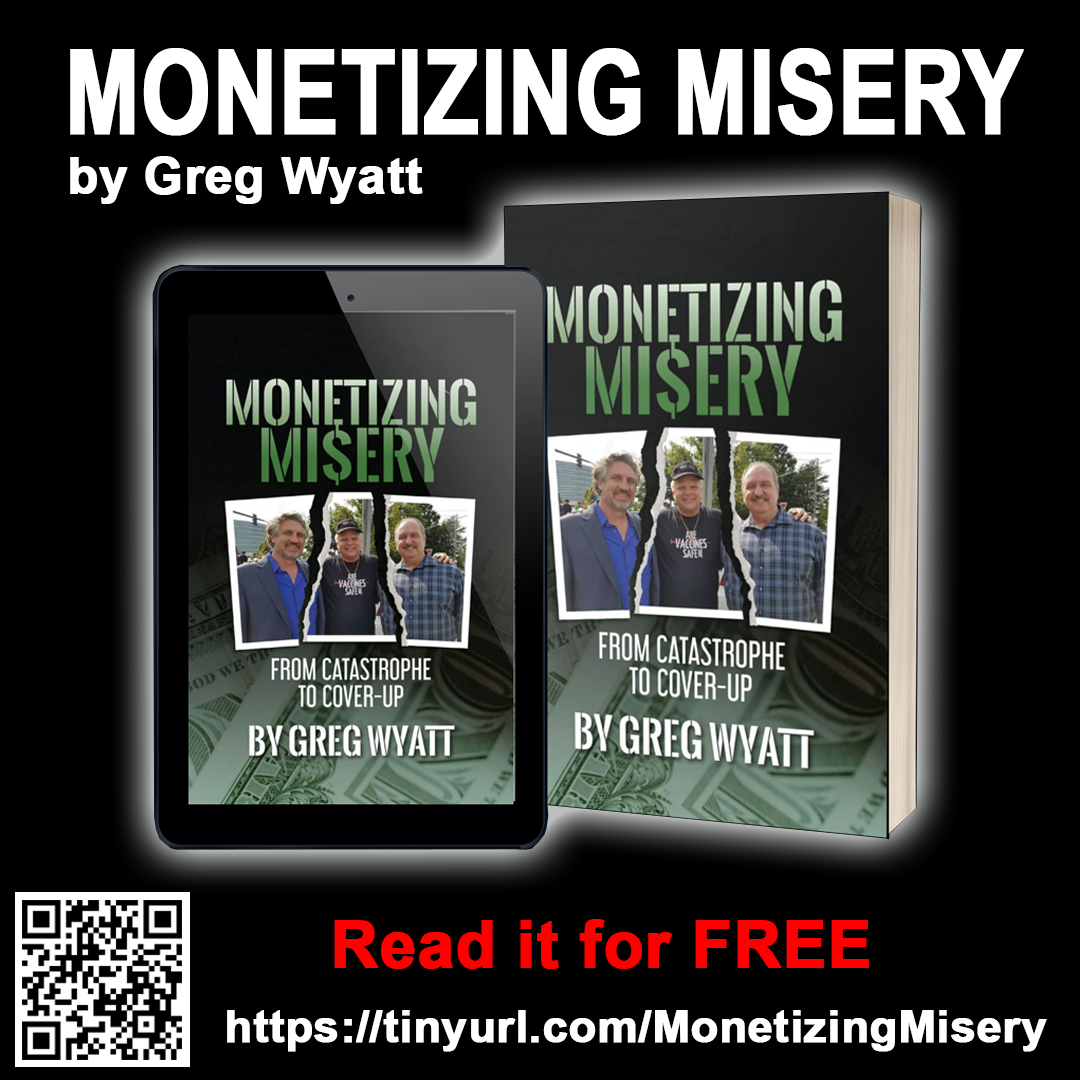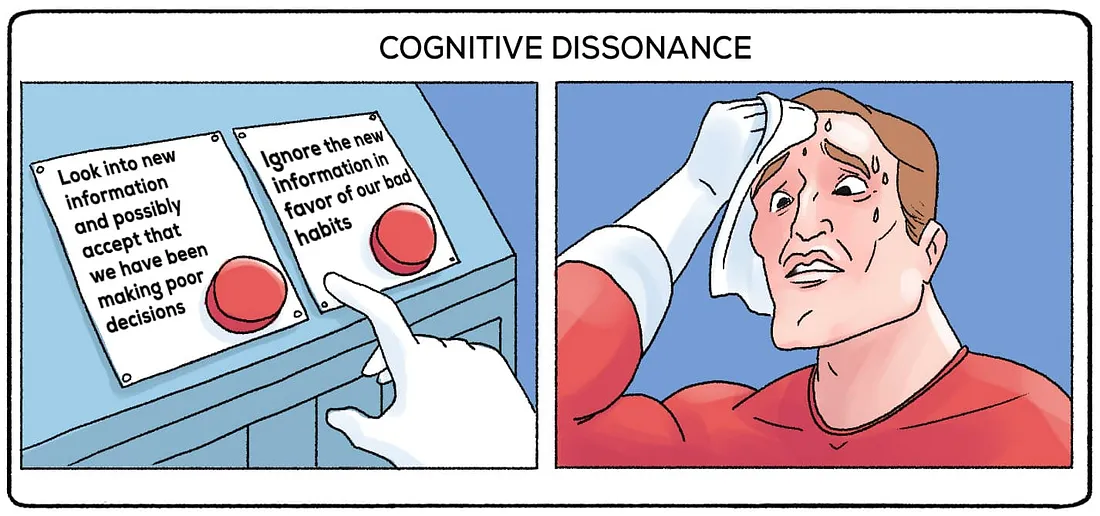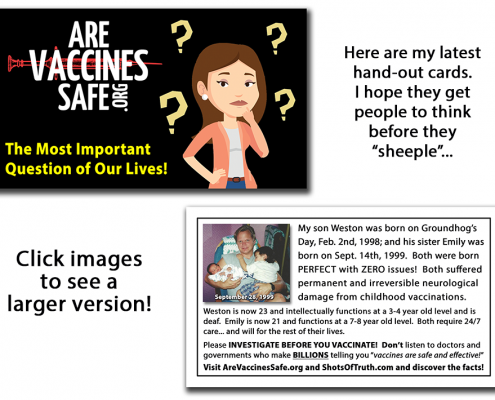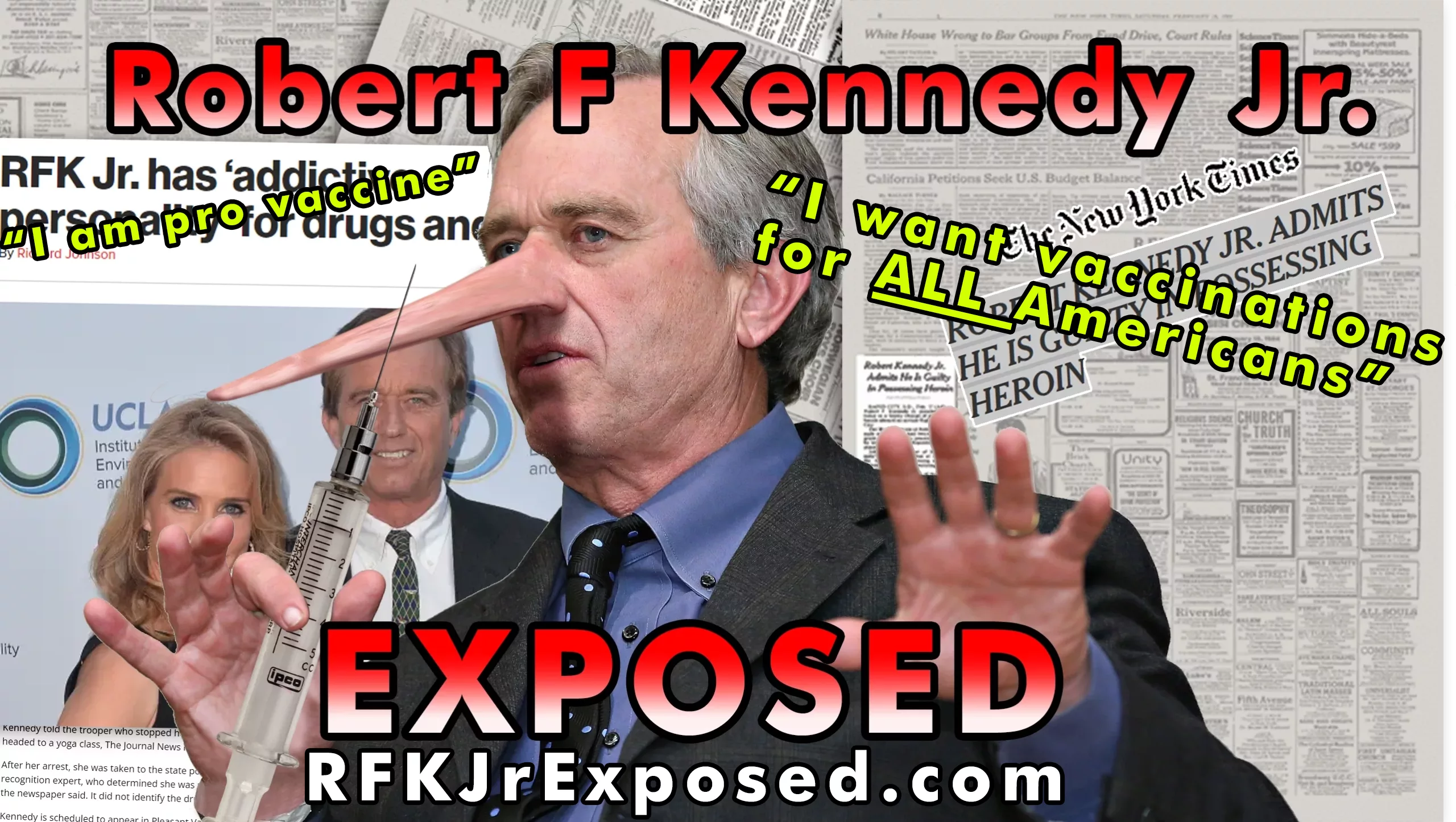Please visit gregwyatt.com
for my new website.
This website is my old version and is no longer updated.
Greg’s Blog…
The Tightrope of Cognitive Dissonance
/0 CommentsWhat is Cognitive Dissonance?
Cognitive dissonance refers to the psychological discomfort experienced when an individual holds contradictory beliefs or values, or when their actions are inconsistent with their beliefs. It is a state of internal conflict that arises when there is a mismatch between attitudes and behavior, which often leads to feelings of tension, anxiety, or unease. Resolving cognitive dissonance involves either changing one’s beliefs or behaviors to create consistency, or rationalizing and justifying the situation to alleviate the discomfort.
Del Bigtree’s Message: A Fearful Serenade
Cognitive dissonance often arises in the messaging of Del Bigtree. He wields the power of persuasion with charismatic authority, all without the credentials of a medical professional. His message is clear but contentious: vaccines can be safer, and there are hidden dangers within the medical establishment.
It is difficult to argue the latter; there are hidden dangers within the medical establishment, but there is no clear path to safer vaccines.
Del’s narratives resonate with those who question the status quo. His skillful blend of partial truths and fear-mongering serves as an unsettling serenade. He plays the notes of doubt, painting a grim picture of vaccines as a looming threat.
This melody resonates with the anti-vaccine and vaccine-hesitant, sowing the seeds of discord within their minds. The danger is that he sets himself as an authority on the subject, and so many people flock to him that if he said, “This is the vaccine to trust,” his followers would run out and get it.
Deception In The Echo Chamber
Del Bigtree’s unique deception lies in his ability to exploit this cognitive dissonance. He deftly caters to his audience’s fears and doubts while offering himself as a beacon of clarity in the fog of uncertainty. His messages shift with the crowd’s desires, mirroring their beliefs while maintaining an authoritative facade.
He portrays himself as a truth-teller, a champion of safer vaccines, even when the Supreme Court acknowledges vaccines as “unavoidably unsafe.” This intentional manipulation amplifies cognitive dissonance as his followers grapple with his ever-evolving narrative.
When Money Was Worth Something
/0 Comments
Anybody remember when cars were this cheap back in the fifties? They call all these massive price increases over our lifetime on the products we purchase inflation. I call it money devaluation by the Federal Reserve. Since it’s inception our cash is lost 98% of its value. What cost $1 back then cost $98 today. And the general dumb public wonders why they have to work two to three jobs just to make ends meet. I feel sorry for people that never experienced the greater degree of freedom. I did and that’s why I can call what it is is what it is. Monetary theft and destruction of the middle class. And the lower income citizens do not stand a chance. They will be crashing it soon cuz they can’t cover it up too much longer.
The Final Version of my Vaccine Injury Rescue Vehicle
/0 CommentsThe final version of my Vaccine Injury Rescue Vehicle, attempting to save my fellow man from making stupid decisions. I must say that it gets an incredible amount of attention. Greg Wyatt was right all along! God bless Weston and Emily and the millions of others whose lives were damaged by chemical injections!
The Tightrope of Cognitive Dissonance
/0 Comments
DEL BIGTREE’S MESSAGE: A FEARFUL SERENADE
Cognitive dissonance often arises in the messaging of Del Bigtree. He wields the power of persuasion with charismatic authority, all without the credentials of a medical professional. His message is clear but contentious: vaccines can be safer, and there are hidden dangers within the medical establishment.
It is difficult to argue the latter; there are hidden dangers within the medical establishment, but there is no clear path to safer vaccines.
Del’s narratives resonate with those who question the status quo. His skillful blend of partial truths and fear-mongering serves as an unsettling serenade. He plays the notes of doubt, painting a grim picture of vaccines as a looming threat.
This melody resonates with the anti-vaccine and vaccine-hesitant, sowing the seeds of discord within their minds. The danger is that he sets himself as an authority on the subject, and so many people flock to him that if he said, “This is the vaccine to trust,” his followers would run out and get it.
DECEPTION IN THE ECHO CHAMBER
Del Bigtree’s unique deception lies in his ability to exploit this cognitive dissonance. He deftly caters to his audience’s fears and doubts while offering himself as a beacon of clarity in the fog of uncertainty. His messages shift with the crowd’s desires, mirroring their beliefs while maintaining an authoritative facade.
He portrays himself as a truth-teller, a champion of safer vaccines, even when the Supreme Court acknowledges vaccines as “unavoidably unsafe.” This intentional manipulation amplifies cognitive dissonance as his followers grapple with his ever-evolving narrative.
A Crucial Step: Establishing Guardianship for Adults with Special Needs
/0 Comments
Did you know?
When a child with special needs reaches the age of 18, they are legally recognized as an adult in most U.S. states, a transition that can have significant legal implications, especially for those receiving state benefits. This change means that these individuals now have the right to make their own decisions regarding healthcare, finances, and personal affairs. For parents and caregivers, this often necessitates a legal shift in responsibility. To continue making crucial decisions for their child who may not be fully capable of managing their own affairs due to their disability, they need to petition the courts for guardianship. This process, varying in its specifics from state to state, requires demonstrating to a court that the adult child is unable to independently manage their affairs. Guardianship can be full, encompassing all aspects of the individual’s life, or limited to certain areas such as financial or healthcare decisions. Given the profound impact on the rights and autonomy of the individual with disabilities, this decision requires careful consideration, and often, the guidance of legal counsel. Exploring all options, including supported decision-making models, is crucial in ensuring the continued wellbeing and support for these new adults, aligning legal responsibility with their best interests and unique needs.
Weston Home for Thanksgiving
/0 Comments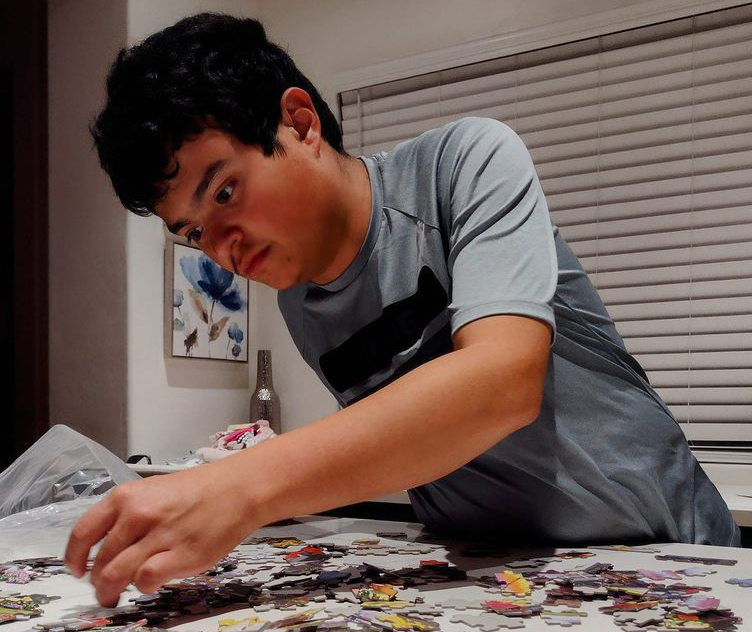
Look who’s back! We are so blessed to have our boy come visit for the Thanksgiving holiday! There is nothing that brings us more joy than for our family to be reunited! ![]()
Click on the above image to watch a video where I share some important thoughts that drive me… especially 666, Mark of the Beast.
Greg Wyatt

